Introducing solid foods to your baby
Introducing solid foods to your baby is an exciting milestone in their development. As they grow and move away from milk, it’s important to slowly introduce them to a wide range of tastes and textures that will provide nutrition for their bodies. It’s best to wait until your baby is around 6 months old before starting this process when their digestive system is mature enough to handle small amounts of lumpy food.
Things to remember when
Introducing solid foods
When introducing solids to your baby, it’s essential to keep variety in mind. Different colours, flavours, and textures are necessary to provide essential vitamins and minerals. Try giving them small bites of various fruits, vegetables, grains, legumes etc., as well as proteins like eggs or tofu. It’s also important to not get discouraged if your baby does not like specific tastes or textures. It can take time for them to adjust.
It’s also important to be aware of food allergies and sensitivities. If you have a family history of allergies, talk to Bright Futures Clinic before introducing the foods in question. Your doctor may recommend introducing one food at a time so that you can monitor for any reactions.
Make mealtimes pleasant experiences
Finally, ensure that mealtimes are pleasant experiences for both you and your little one. Make sure to keep portions small, avoid distractions like television during meals, and always supervise mealtime. Eating should be a fun activity focused on bonding with your infant and providing nourishment!
Introducing solid foods is a process
Remember that introducing solid foods is a process; it may take trial and error to find out which foods your baby loves. So enjoy this time with your infant as they embark on the journey of exploring different tastes and textures!

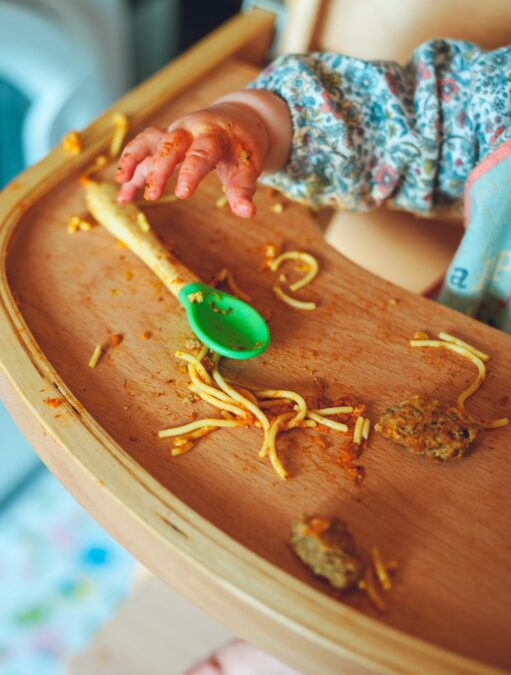
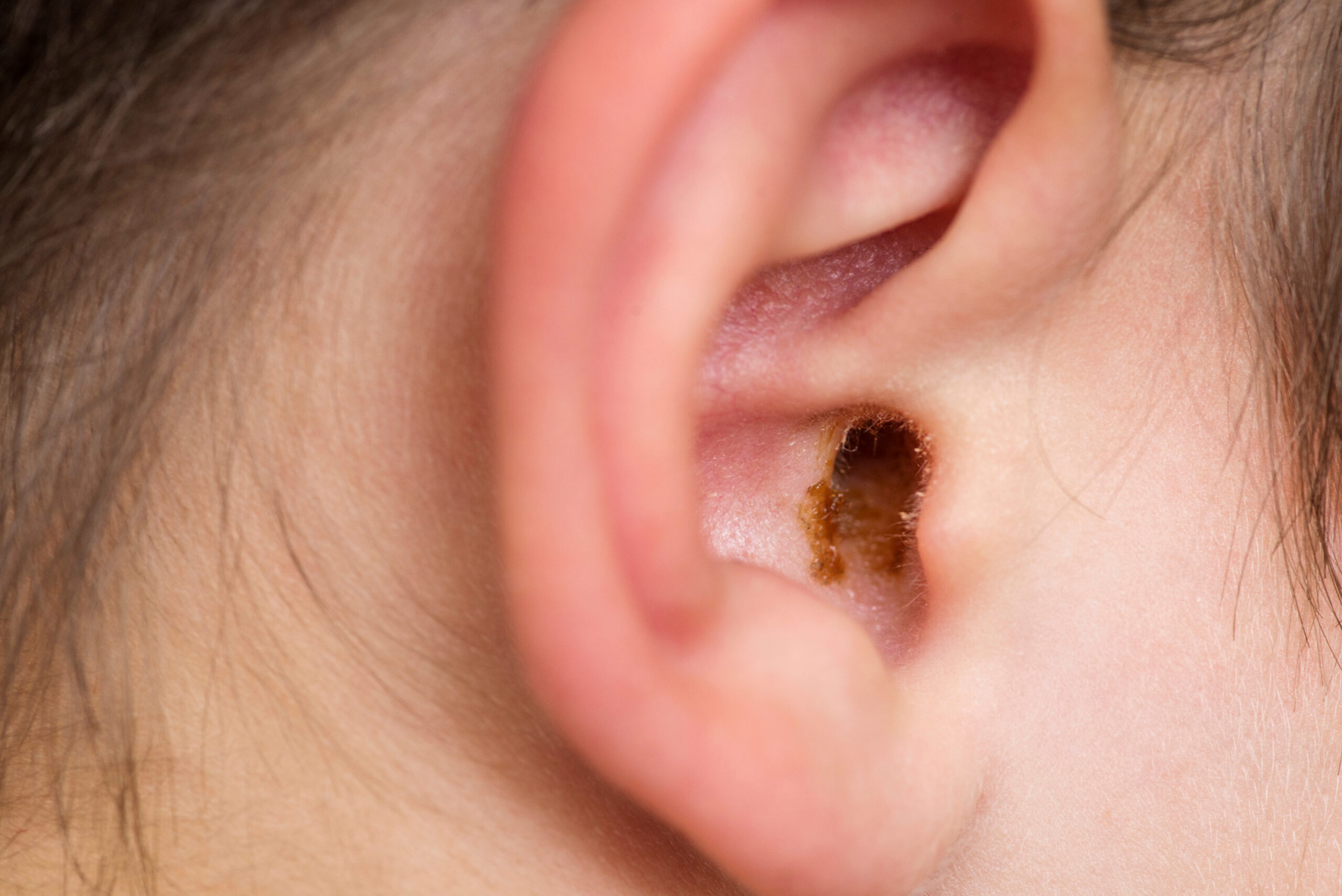




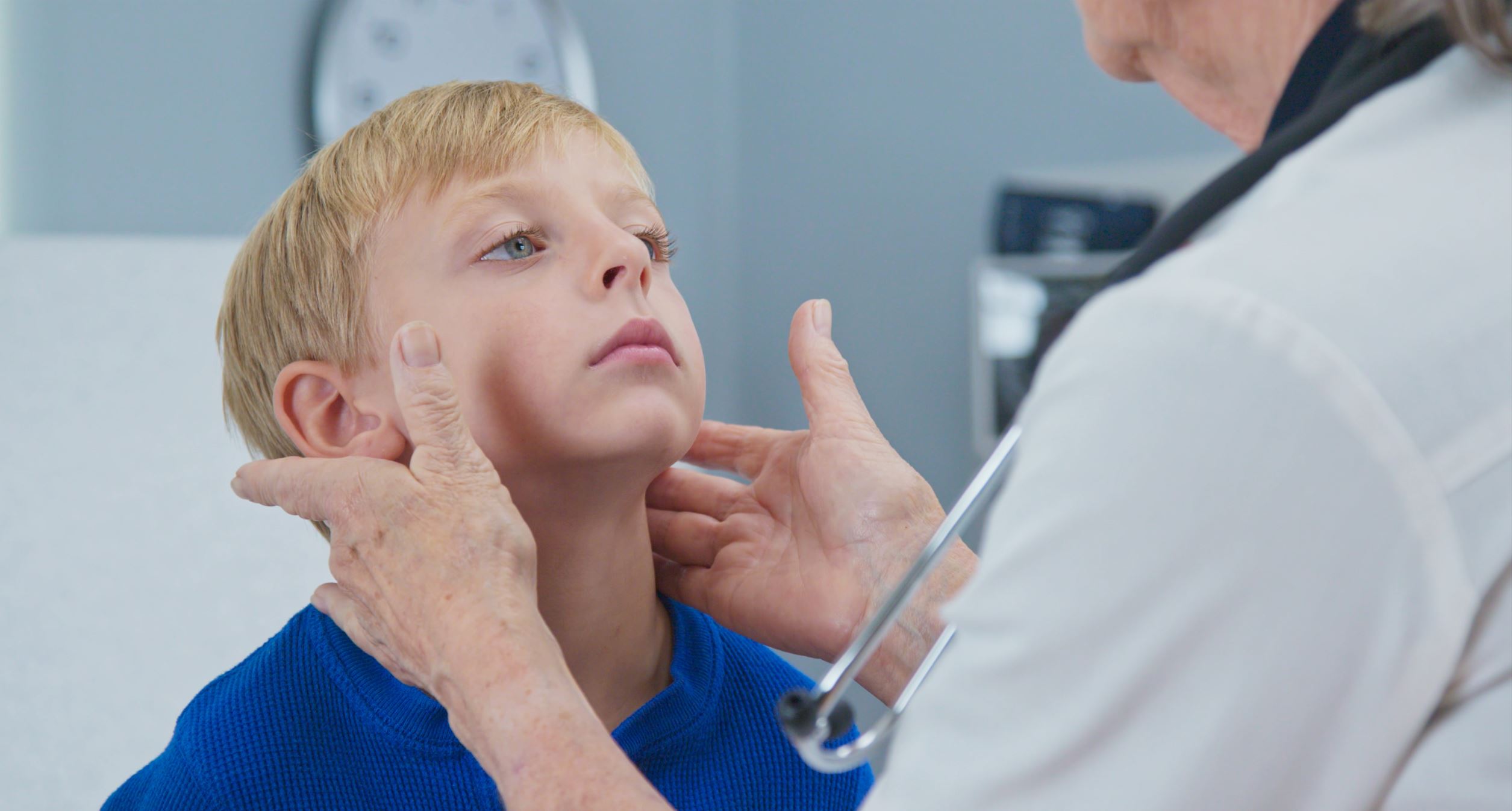
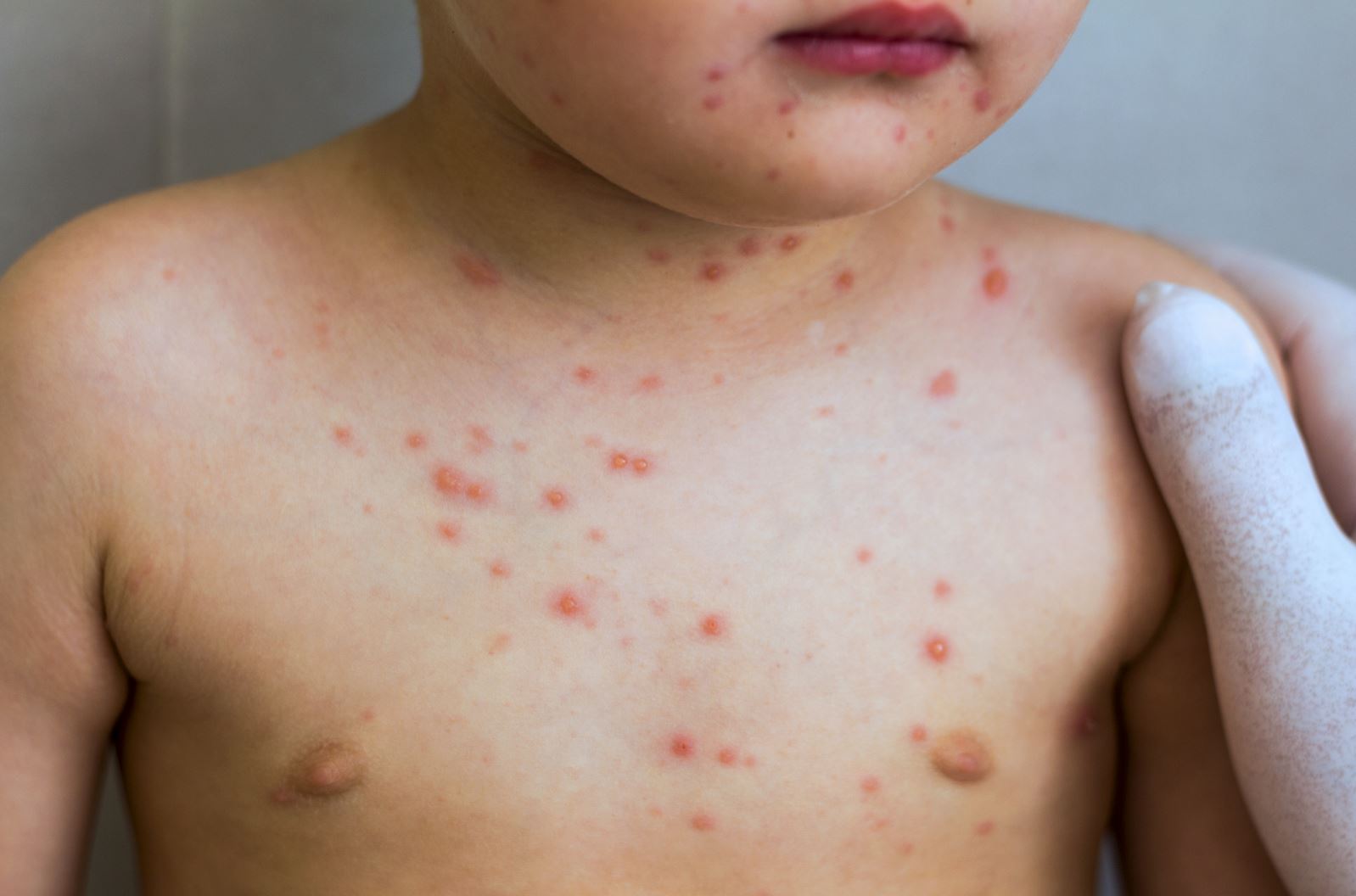

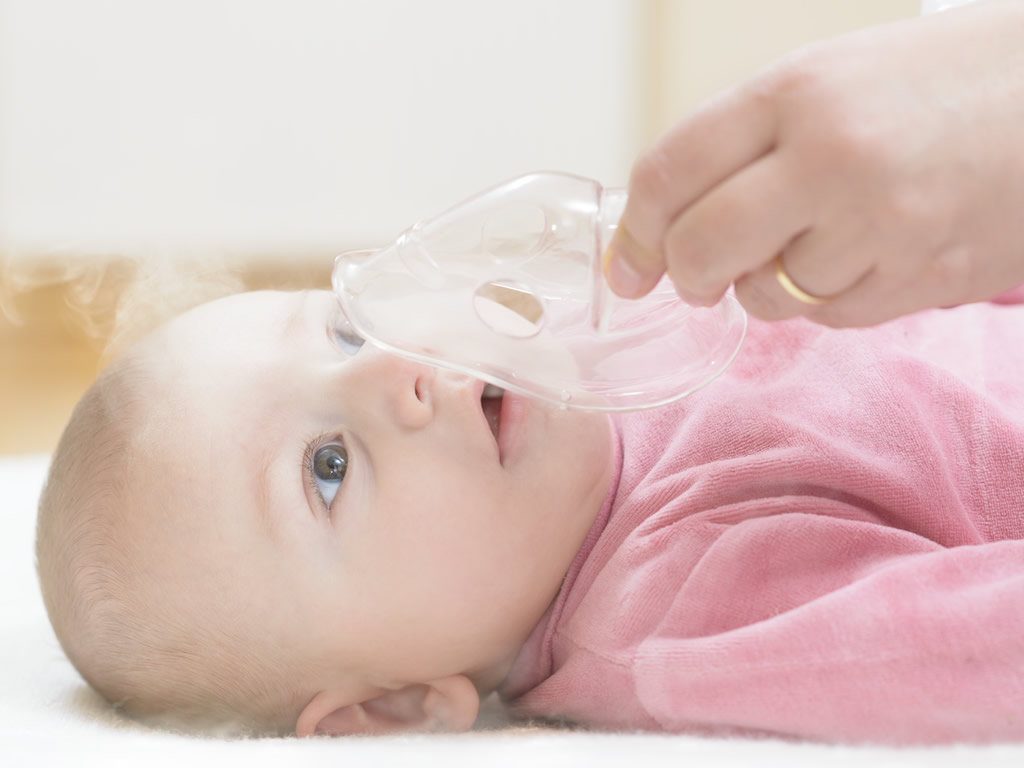

Recent Comments